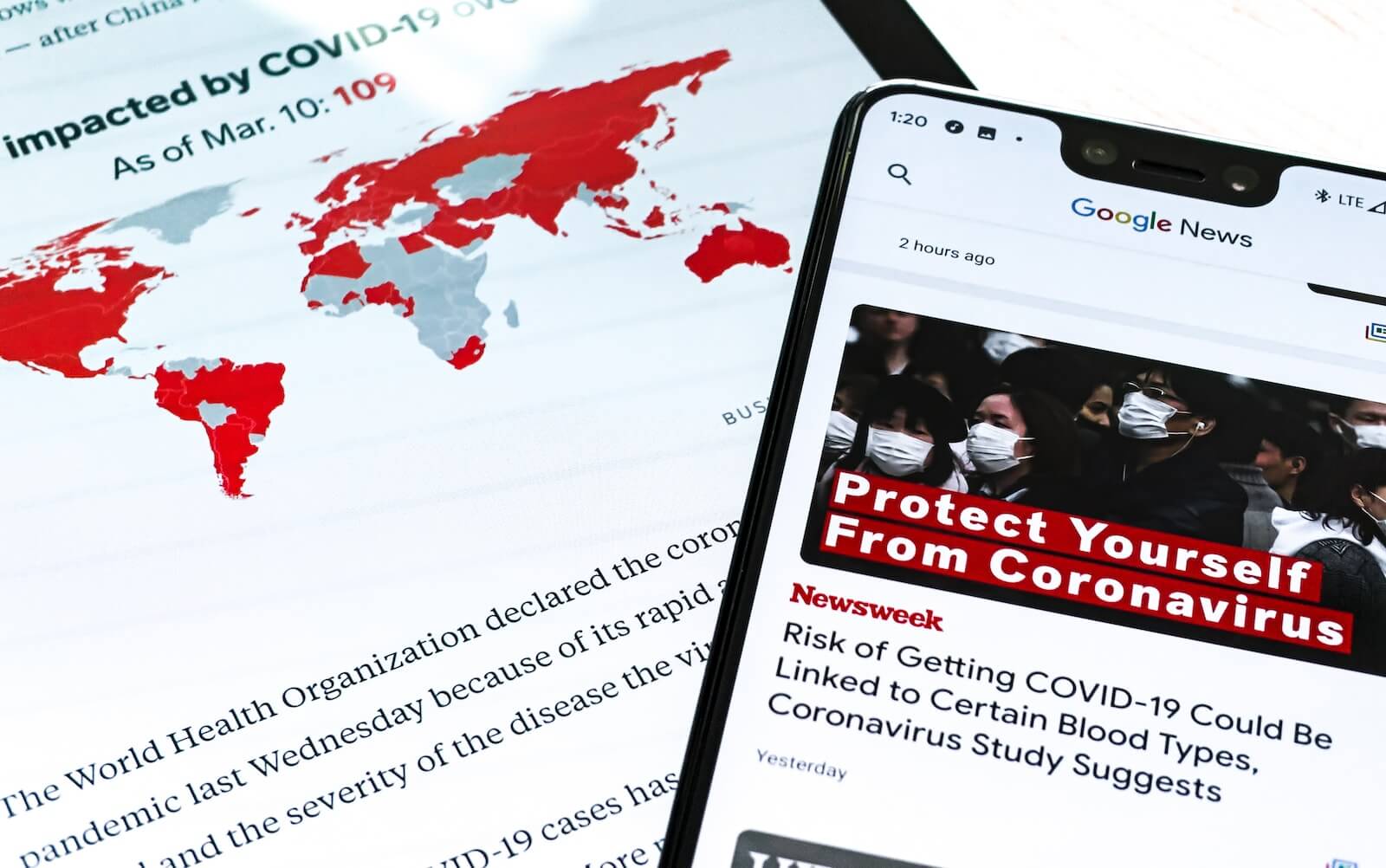ITHACA, N.Y. — Trusting the news you read online is factual can make it less stressful when navigating the web. New research finds trust in the news on social media can make a big difference in a teenager’s well-being. However, not everything you read on the Internet is true. When the COVID-19 pandemic first emerged, researchers from Cornell University note there was a boom of misinformation and conspiracy theories.
“It’s not just the sheer volume of social media use that’s going to have this positive or negative effect,” says Adam Hoffman, an assistant professor in the Psychology and College of Human Ecology at Cornell, in a university release. “It’s how you engage with social media news that will be more influential in determining how it impacts you.”
In the study, adolescents and young adults felt more empowered if they knew the information they read online was reliable. Those who were less trusting and more skeptical were more stressed out.
There’s been research before on the relationship between social media and mental health, but the results have been a mixed bag. Some studies have found social media is helpful for self-expression and making connections. Others found social media is an outlet for bullying and promoting feelings of inferiority.
With COVID also came the rise of new types of behavior called “doom-scrolling” where you’re obsessively looking for negative and depressing news. For people trying to get away from the 24-hour stream of information, some practiced “news avoidance.” All in all, the COVID pandemic sparked an “infodemic” of misinformation, according to the World Health Organization.

To understand the effects COVID news on young people using social media, the study authors conducted a survey of 168 teens and young adults between 14 and 23 from the United States and the United Kingdom. The survey took place in early 2020, a time when both countries were experiencing a surge in virus cases and not much reliable information was available on the pandemic.
The students were part of a STEM after-school program and answered questions about their engagement with COVID-19 news on Facebook, Twitter, and TikTok. They also opened up about how much exposure they had to COVID-related information, how much they trusted it, and their overall well-being.
Coming across COVID-19 news a couple of times a week either had no effect on their well-being or had a slightly positive impact. Study authors say the result was surprising, and they suggest exposure to pandemic news might have helped to inform teens more about the virus and world events — even if it was depressing or emotionally difficult to read.
Trusting the news seemed to help their well-being as they felt left in the dark. However, the researchers warn that blindly trusting everything you read on social media can still be just as bad. Creating news literacy programs to help students identify “fake news” and less credible sources will better help in knowing what is fact or fiction.
“It’s not just that we need to trust, but that we need to trust credible sources of news that are factually based and have been vetted,” Hoffman explains. “That’s how youth can be informed and have a positive sense of well-being and sense of self, and that’s the best of both worlds.”
The findings appear in PLOS One.


All the news is fake ,‘twisted , slanted etc .
If you trust todays news , mostly opinions you are not using your brain!!!!!